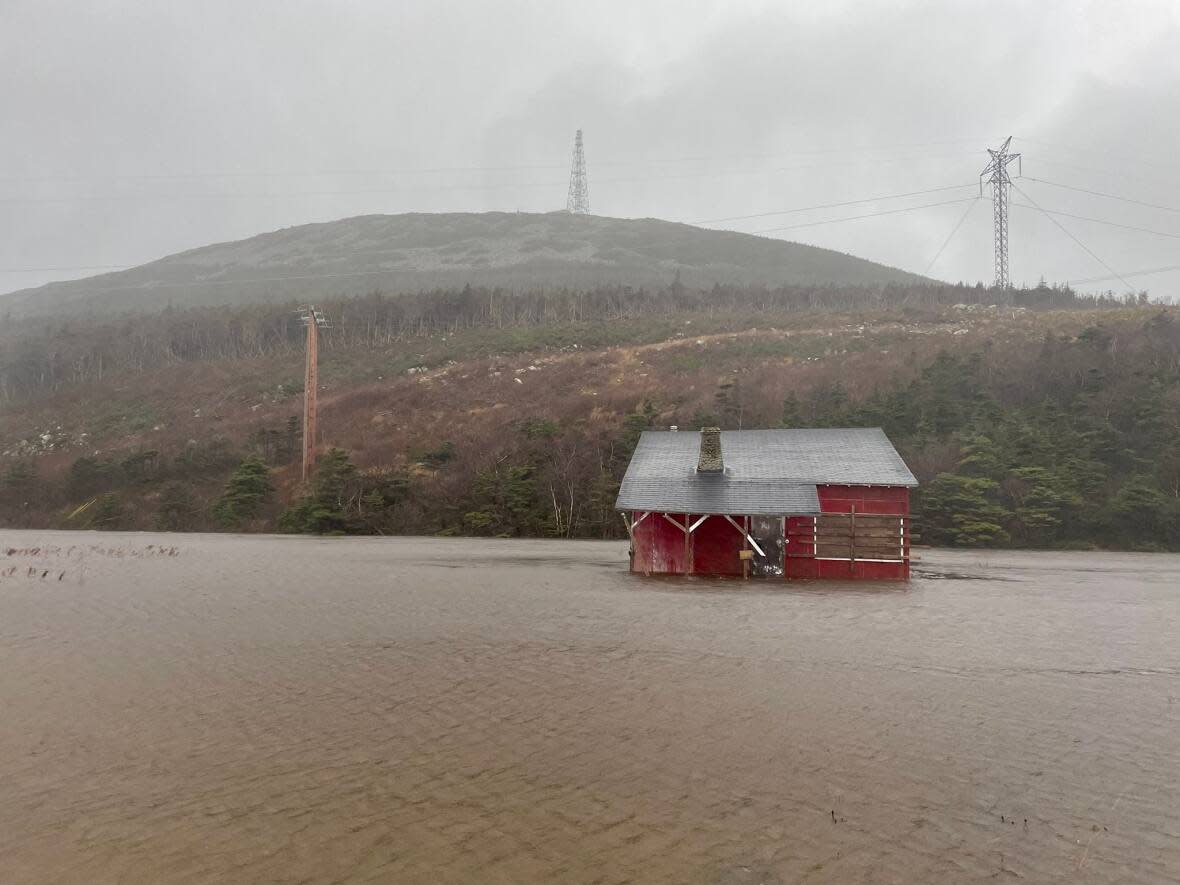Bay St. George among communities tapped for disaster preparedness research project

In the wake of extensive flooding in southwestern Newfoundland, researchers are zeroing in on a nearby community to figure out how to better prepare Canadians for natural disasters.
Bay St. George is one of five locations across the country selected by the Canadian Red Cross and the University of Waterloo for its project on the impact of wildfires, earthquakes and floods.
Richmond, B.C.; Thompson, Man.; and Ottawa are among the other sites chosen to study what the team calls "inclusive resilience" in the face of disaster.
"Not all people respond to disasters in the same way," said Julie Wright, a researcher with the University of Waterloo. "Some people need more emergency support than others."
The team is specifically looking at particular demographic groups. Women, seniors and Indigenous peoples all fit into their criteria, she explains.
They want to examine each group's resilience to disaster; that is, the capacity of various people within a community to prepare for and respond to risky events.
"Even what we're seeing just from the weather in recent days, people realize it wouldn't take much for one of these areas to become quickly isolated by a flood event," said Dan Bedell, a spokesperson for the Red Cross.
Late last month, record rainfall swept away portions of the Trans-Canada Highway, stranding people in rural areas of southwestern Newfoundland and submerging communities underwater.
Bedell says the project aims to figure out how to better prepare people for events like that one.
The Red Cross often responds to disasters after the fact.
"But we're also very involved in getting preparedness messaging out, so people are aware of the risks in their area," he said.
The team will hold focus groups to eventually develop that targeted messaging and determine the most effective way to teach residents how to brace themselves for incoming future storms.
"What message resonates best with you?" Bedell asked. "We want people to hear information and respond to it, be motivated by it."


